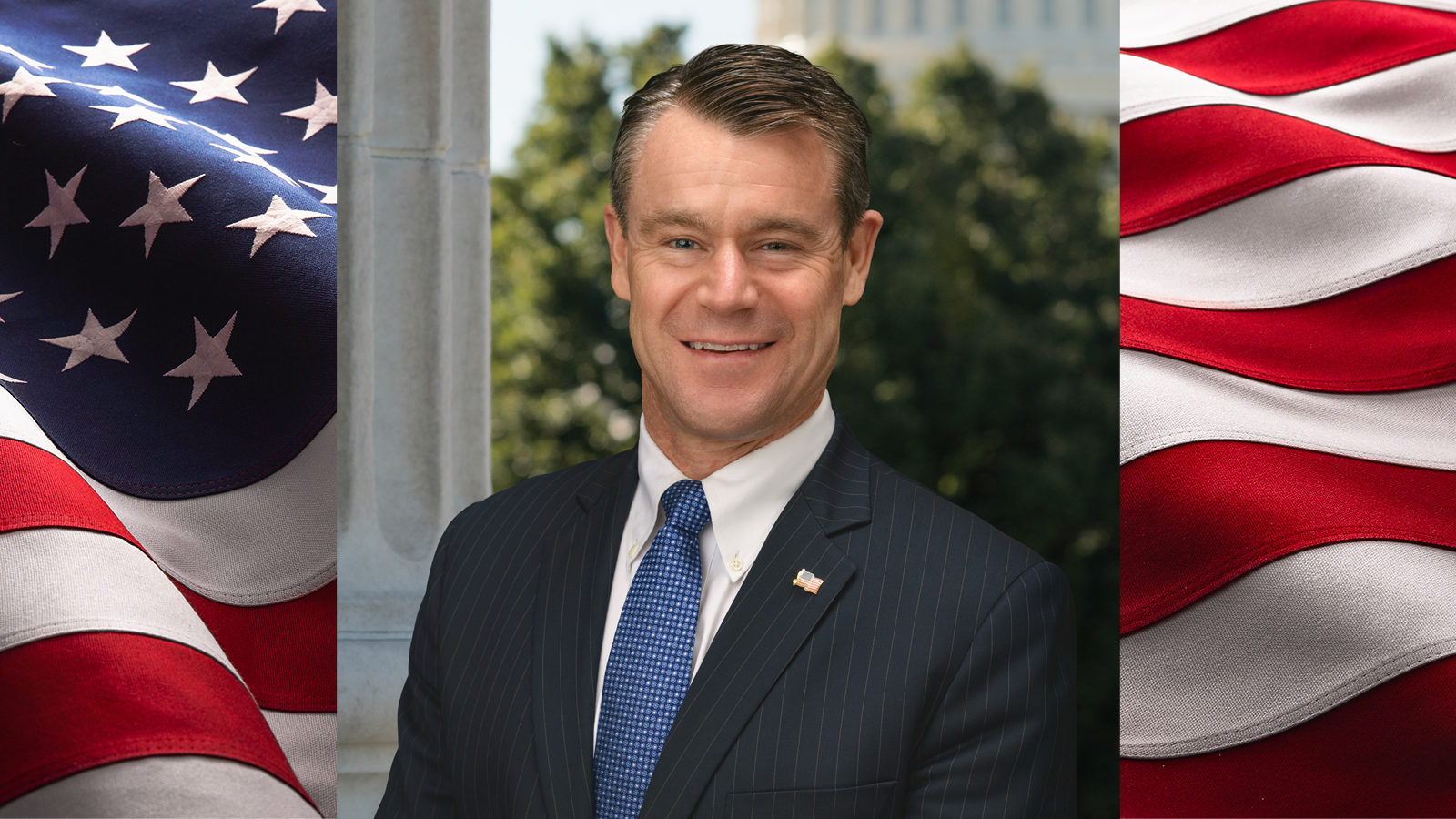U.S. Senators Todd Young (R-Ind.), Ranking Member of the Senate Environment and Public Works (EPW) Committee Shelley Moore Capito (R-W.Va.), and 37 senators recently introduced the Simplify Timelines and Assure Regulatory Transparency (START) Act. The bill would allow forcomprehensive federal regulatory permitting and project review reform.
“Permitting delays, regulatory inefficiencies, and red tape are all reasons why our nation’s energy infrastructure – from renewable energy to fossil fuel projects – are stuck in limbo,” said Senator Young. “At a time when advancing our domestic energy security is vitally important, the START Act is a much-needed step to reduce self-imposed barriers and provide certainty for our supply chains.”
“Since our calls for action and offers to see legislative text from the permitting ‘deal’ remain unheeded, Republicans are introducing this legislation today to deliver solutions to the roadblocks, delays, and postponements of key infrastructure projects across the country,” said Ranking Member Capito. “The START Act would provide regulatory certainty to states, expedite permitting and review processes, codify substantive environmental regulatory reforms, and expedite permitting of the critically important Mountain Valley Pipeline. Republicans are unified in working to deliver needed permitting reform, and this legislation is a blueprint for how we can help communities benefit from being able to finally get critical projects across the finish line.”
Cosponsors of the legislation include U.S. Senators Mitch McConnell (R-Ky.), John Thune (R-S.D.), John Barrasso (R-Wyo.), Roy Blunt (R-Mo.), Joni Ernst (R-Iowa), Rick Scott (R-Fla.), Chuck Grassley (R-Iowa), Kevin Cramer (R-N.D.), Jim Inhofe (R-Okla.), Cindy Hyde-Smith (R-Miss.), Bill Cassidy (R-La.), Bill Hagerty (R-Tenn.), Jim Risch (R-Idaho), Deb Fischer (R-Neb.), Ron Johnson (R-Wis.), Mike Braun (R-Ind.), Lindsey Graham (R-S.C.), Ben Sasse (R-Neb.), Thom Tillis (R-N.C.), Pat Toomey (R-Pa.), Mike Rounds (R-S.D.), Roger Wicker (R-Miss.), Cynthia Lummis (R-Wyo.), Mike Crapo (R-Idaho), Ted Cruz (R-Texas), John Hoeven (R-N.D.), Jerry Moran (R-Kan.), Marsha Blackburn (R-Tenn.), Lisa Murkowski (R-Alaska), Tom Cotton (R-Ark.), Roger Marshall (R-Kan.), Steve Daines (R-Mont.), Richard Shelby (R-Ala.), Richard Burr (R-N.C.), Dan Sullivan (R-Alaska), Tommy Tuberville (R-Ala.), and Marco Rubio (R-Fla.).
Full text of the legislation can be found here.
A section by section summary can be found here and below.
BILL DETAILS:
Section 2 – Codification of NEPA Regulations
Codifies the Trump Administration’s modernized National Environmental Policy Act (NEPA) regulations.
Section 3 – Providing Regulatory Certainty
Codifies the Trump Administration’s Navigable Waters Protection Rule’s definition of “waters of the United States” under the Clean Water Act.
Codifies the Trump Administration’s Section 401 Certification Rule under the Clean Water Act to prevent state actions that unreasonably block energy projects.
Codifies Nationwide Permits issued in 2021 that streamline Section 404 permitting for the development of critical energy projects and other activities under the Clean Water Act.
Lengthens the available approval term of permits issued under delegated state water permit programs from 5 to 10 years.
Section 4 – Limiting New Red Tape and Costs for Gasoline and Other Fuels
Prohibits the use and adoption of the Biden Administration’s interim estimates for the “social cost of greenhouse gases” and any other estimates that may raise gasoline prices.
Section 5 – Expediting Permitting and Review Processes
Codifies key elements of the One Federal Decision framework for energy projects, including timely approvals for projects, permitting review schedules for projects that are no longer than two years, and limitations on the page length of environmental documents.
Provides litigation certainty on the timing of judicial challenges to energy project approvals.
Allows agencies to share and use one another’s categorical exclusions for energy projects under NEPA.
Section 6 – States’ Authorities in Hydraulic Fracturing Regulations
Grants states the sole authority to promulgate or enforce any regulation, guidance, or permit requirement regarding hydraulic fracturing on or under any land within their boundaries.
Clarifies that the exclusivity of this regulation applies to all federal lands located in the state.
Section 7 – Federal Lands Freedom Act
Grants states the right to develop energy resources on the federal lands located within their borders. This section gives states the ability to proactively and responsibly develop energy on federal lands.
Allows a state to develop a regulatory program governing the leasing and permitting of energy activities on its federal land.
Section 8 – Expedited Approval for the Mountain Valley Pipeline
Expedites the approval for the Mountain Valley Pipeline (MVP) project within 21 days of enactment. This section paves the way for another American energy revolution by taking concrete steps to buck the policies that are holding American energy producers back to the benefit of hostile regimes with inferior environmental standards.
Section 9 – Reducing Timeframes for Endangered Species Act Consultations
Reforms the Section 7 consultation process under the Endangered Species Act (ESA) by shortening consultation timelines from 90 to 60 days.
Also shortens thresholds for ending or extending consultation times from 150 to 100 days. This section reforms a well-known roadblock to efficient permitting.
Section 10 – New Source Review Permitting Improvement Act
Reforms the New Source Review (NSR) program under the Clean Air Act. This environmental regulation actually prevents industry from making upgrades to existing facilities to improve efficiency and reduce emissions. Provides greater regulatory certainty about when facility upgrades require a permit.
Section 11 – No Retroactive Permit Vetoes
Clarifies existing law to promote timely and thorough consideration of Clean Water Act Section 404 permits, and eliminates unfair and confusing permitting actions in order to support domestic energy production.
Section 12 – Policy Review under the Clean Air Act
Strikes the statutory mandate under the Clean Air Act Section 309 that EPA review and comment on newly authorized federal projects for construction or any major federal action that falls under NEPA for environmental review as well as agency regulations.











